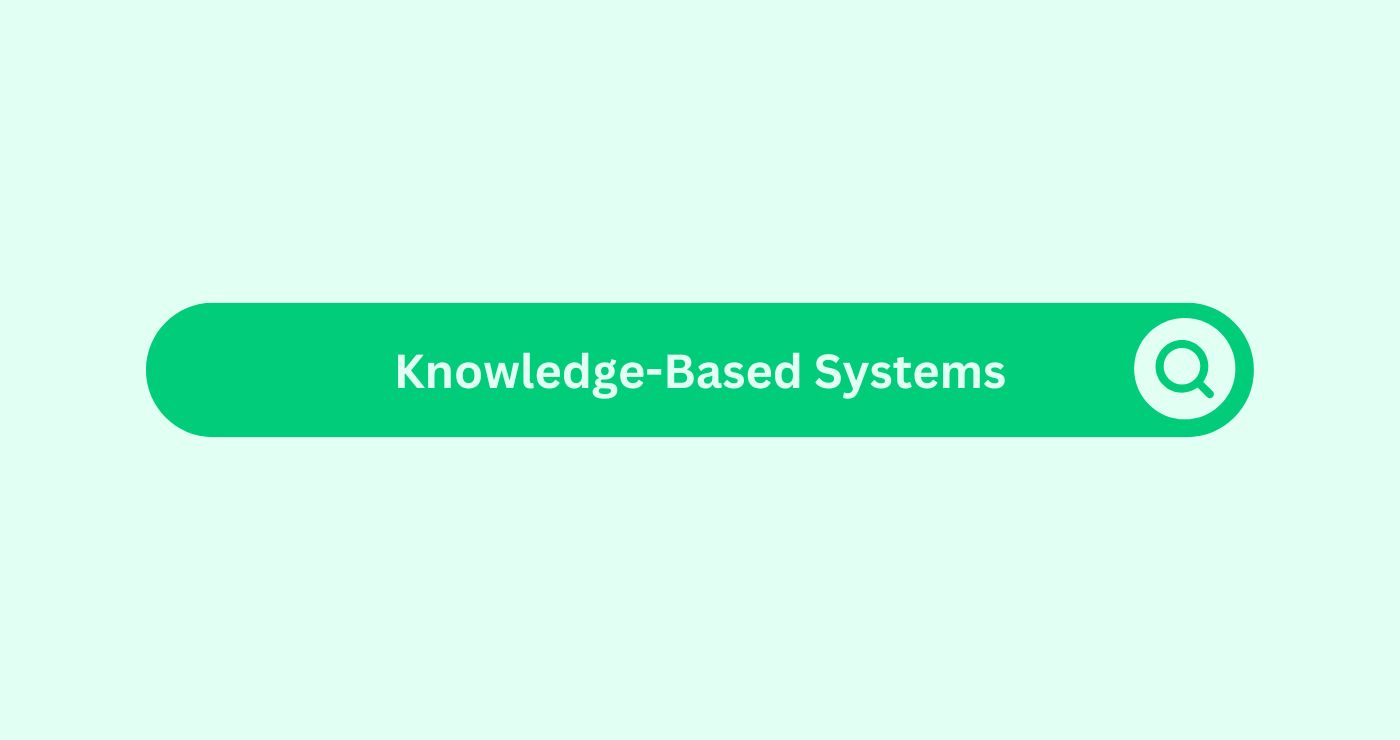Definition
A Knowledge-Based System, or KBS for short, acts like the supercharged brain behind modern content marketingDefinition Content marketing strategically creates and share.... It doesn’t just stockpile facts and rules—it actually thinks through problems using logic and real data. Instead of just sitting there like a dusty old databaseDefinition A database in social media marketing is a structu..., a KBS soaks up all sorts of signals—think search trends, user questions, and behaviour patterns—and spits out sharp, actionable content strategies.
In content marketingDefinition Content marketing strategically creates and share..., this thing draws the lines between audienceDefinition The term "Audience" refers to the group of indivi... moves, keyword intent, and how ideas connect. Got a digital marketing agency in Auckland? A KBS can dig through search engine signals and industry needs, then serve up content clusters that actually make sense. It pulls in ontologies and knowledge graphsDefinition Knowledge graphs are basically the secret sauce b... to thread topics together, spot related ideas, and nail the right keywordsDefinition Keywords are crucial for SEO success as they conn... for every step in the buyer’s journey.
Performance marketing agencies lean on KBS to automate campaignDefinition An SEO campaign involves focused, Organised effor... logic and sketch out decision treesDefinition Decision Trees in AI Terms in Content Marketing a... for nurturing leads. Messaging? It gets personal—at scale. SEO teams use KBS to tidy up internal linkingWhat is Internal linking? Internal linking refers to the pra... and metadata by looking back at past wins. The result? Better bounce rates, longer visits, and more organic clicks.
With logic-driven AI at the wheel, editorial teams stop guessing and start making smarter moves. Knowledge-based systems don’t just keep up with SEO—they push it to new heights, cut the busywork, and lock in future-ready strategies.
A performance marketing agency needs to optimise landing pagesDefinition Landing pages are standalone web pages specifical... across industries. Using a KBS, the team feeds in user personas, keyword maps, competitor analysis, and content performance data. The system then recommends new blog topics, internal links, and high-ranking long-tail keywordsDefinition Long-tail keywords are extremely targeted and par... like “AI content planning frameworkDefinition In SEO, a framework is a structured set of tools ...” and “SEO automation for local service businesses.”
This reduces manual labour, accelerates delivery, and increases leadDefinition A Lead in the context of SEO refers to a potentia... quality by aligning content directly with the decision-making patterns of their audienceDefinition The term "Audience" refers to the group of indivi....
Formula (Simplified with Example)
| Input | Value | Process Description | Outcome |
|---|---|---|---|
| User Intent DataDefinition Intent Data refers to behavioural signals collect... | 200 search terms | KBS matches queries with stored concepts | 20 recommended keywordsDefinition Keywords are crucial for SEO success as they conn... |
| Rules Applied | 5 filtering criteria | Filters noise, keeps relevant decision paths | 12 refined keyword groups |
| Inference Result | 12 clusters → 3 content trees | Maps high-ranking keywordsDefinition Keywords are crucial for SEO success as they conn... into site structure | Improved SEO content planning |
Logic Flow:
If (Search Intent = “how to rank local”) AND (User Persona = “business owner”) → THEN Recommend:
→ Blog Topic = “Local SEODefinition Local SEO in social media marketing boosts online... Tips for Auckland Businesses”
→ Metadata Strategy = Include long-tail and geolocation tags.
5 Key Takeaways
- Knowledge-Based Systems automate content decisions through logic-driven algorithms.
- KBS integrates behavioural data with AI models to refine keyword and topic suggestions.
- SEO companies benefit by mapping keyword clusters into intelligent content networks.
- Performance agencies save time and increase ROI using structured rule-based engines.
- These systems adapt to real-time search trends, ensuring continual SEO relevanceDefinition In SEO, relevance refers to the degree to which a....
FAQs
What is a Knowledge-Based System in content marketing?
It is an AI frameworkDefinition In SEO, a framework is a structured set of tools ... that uses stored knowledge and inference rules to guide marketing strategies and SEO decisions.
How do SEO companies use KBS?
They automate keyword researchDefinition Keyword research involves identifying and analysi..., generate structured topic ideas, and map user journeys.
Can Knowledge-Based Systems adapt to new data?
Yes, they update rule sets and decision logic based on evolving user behaviourDefinition What is User Behaviour in Social Media Marketing?....
Are KBS useful for small digital marketing Auckland agencies?
Absolutely. They streamline workflows, reduce manual tasks, and offer scalable optimisation solutions.
How do KBS and Knowledge Graphs differ?
KBS uses logic rules for decisions; Knowledge GraphsDefinition Knowledge graphs are basically the secret sauce b... show data relationships. Together, they create smart SEO frameworks.




